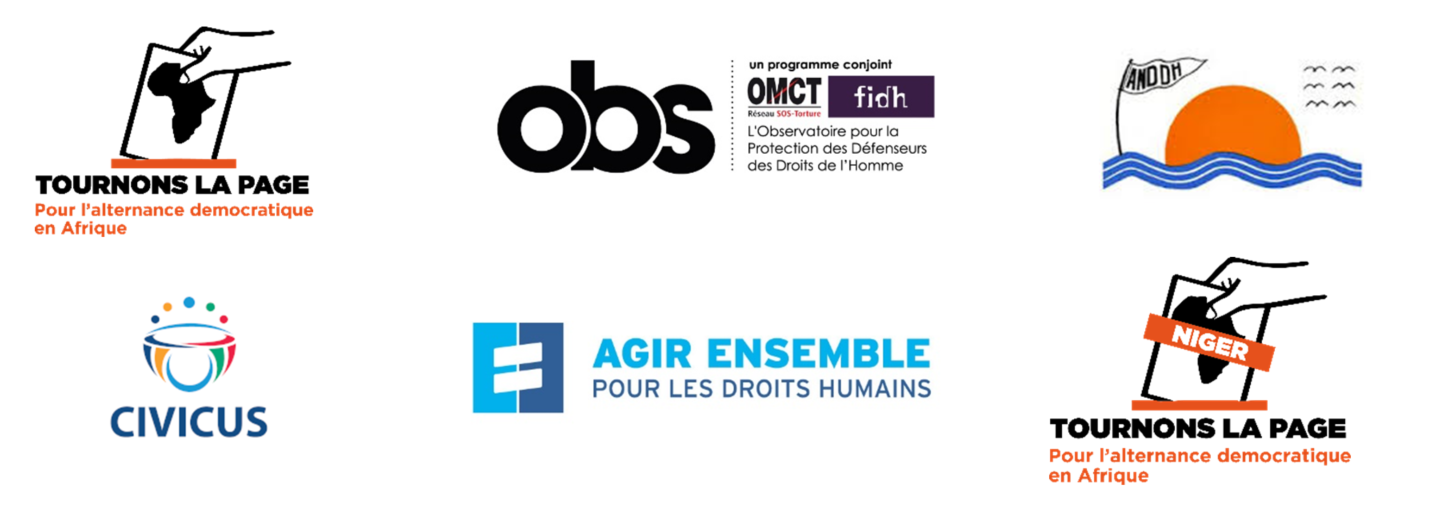On February 24, 2022, the President of the Republic of Niger, Mohamed Bazoum, issued a decree supplementing the 1984 ordinance on the regime for associations. The first article of the decree states that "Non-Governmental Development Organizations (NGO/D) are non-political and non-profit organizations. They are created on the initiative of natural or legal persons who are autonomous vis-à-vis the State, driven by a spirit of volunteerism that they place at the service of others and whose vocation is to support development through social and/or economic activities", it provides a very restrictive vision of application of the ordinance, calling into question the freedom of association. Indeed, the decree provides for total control of NGO action by the Nigerien authorities, as demonstrated by its article 41: "For any project or program initiated by the NGO/D, it must obtain the approval of the State or its branches before execution. This article is in clear contradiction with the first article of the decree and denies the principle of the autonomy of NGOs vis-à-vis the State.
This decree puts in place a series of major obstacles for associations, imposing on them heavy formalities both at the time of their creation (articles 4, 5, 8, 37 and 39), as well as for obtaining financing (article 34), planning their activities (articles 40, 41 and 44) or even using their property (article 27). In addition, all associative projects that are not "consistent with national development orientations and priorities" cannot be carried out and any offender will have his or her approval withdrawn.
Moreover, the application of the decree is retroactive since it states in article 62 that: "existing NGOs/Ds have a period of six (06) months [after its adoption on February 24, 2022] to comply with the provisions of this decree. This retroactivity puts NGOs at risk of losing their accreditation, including some that have been active in the country for a long time, serving the poorest populations in particular.
With this decree, Niger continues the reduction of civic space organized in the country since 2014, even though Clément Voule, UN Special Rapporteur on the rights to freedom of peaceful assembly and freedom of association, had "urged the Nigerien authorities to keep their promise to create and maintain an effective civic space in the country"[1], during his visit to the country in December 2021. Between the multiple arrests of activists and journalists, the near-systematic bans on peaceful demonstrations and meetings, and the adoption of repressive laws, Niger, which has already been downgraded twice out of five in the Civicus ranking of civic space openness,[2] continues to shrink its civic space. This tendency to control NGOs and minimize their independence seems to be widespread in the world, even though they play an essential role in stability, the fight against inequalities and the promotion of human rights and the rule of law.
We, associations and NGOs fighting for the opening of civic space, demand the immediate withdrawal of this text and a real commitment on the part of the State of Niger to put an end to this repression, guarantee the right to freedom of association and reopen civic space in the country.
Signatory organizations: :
Agir ensemble pour les droits humains
Association Nigérienne pour la Défense des Droits de l'Homme (ANDDH)
Civicus
Fédération internationale pour les droits humains (FIDH), dans le cadre de l’Observatoire pour la Protection des Défenseurs des Droits Humains
OMCT (Organisation mondiale contre la torture), dans le cadre de l’Observatoire pour la Protection des Défenseurs des Droits Humains
Tournons La Page
Tournons La Page Niger
[1] « Niger : Un expert de l'ONU exhorte les autorités à créer un environnement favorable à l'espace civique », HCDH. Publié le 17 décembre 2021. <https://www.ohchr.org/fr/press-releases/2021/12/niger-un-expert-urges-create-favourable-environment-civic-space>
[2] « Déclassement de la Côte d'Ivoire, de la Guinée, du Niger et du Togo en raison de la détérioration des libertés civiques », Civicus Monitor. Publié le 8 décembre 2020. <https://www.google.com/url?sa=t&rct=j&q=&esrc=s&source=web&cd=&ved=2ahUKEwju1sytjf32AhXlgs4BHS7FC1IQFnoECAIQAQ&url=https%3A%2F%2Fcivicus.contentfiles.net%2Fmedia%2Fassets%2Ffile%2FAfriquedelOuest.pdf&usg=AOvVaw1xEhk4cTaIW9za4rK-t_D1>














